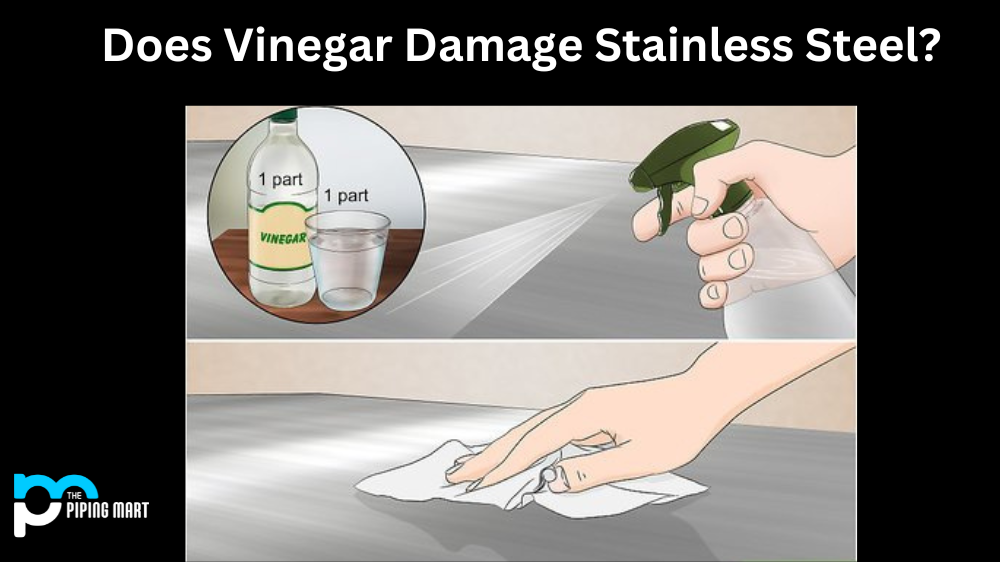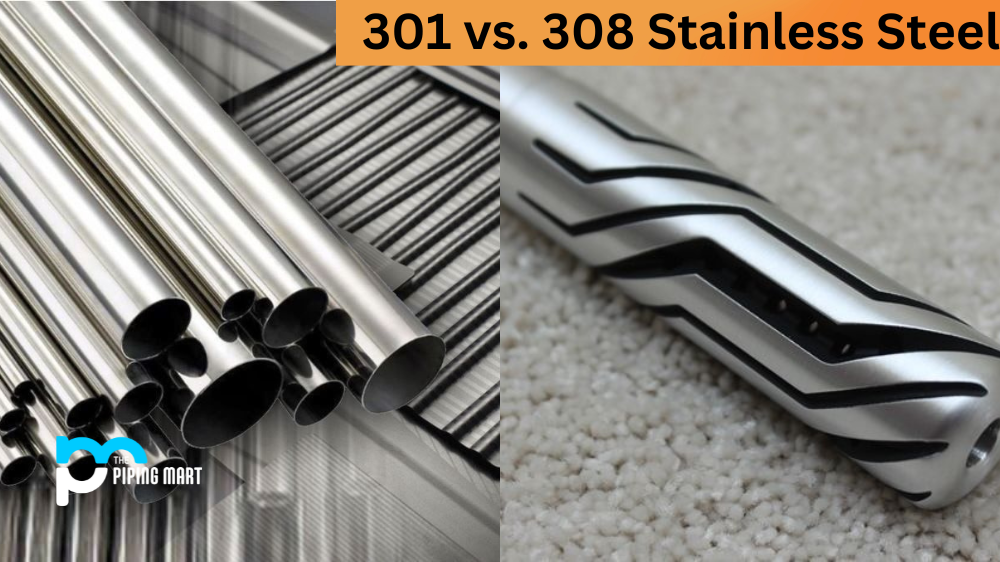Stainless steel is incredibly durable and versatile, used in various applications from residential kitchens to industrial manufacturing. But is it stainless? Can something as acidic as vinegar damage stainless steel? Let’s look at the facts.
Can Acids Damage Stainless Steel?
The answer is yes—acidic substances can damage stainless steel. Stainless steel is commonly known for its corrosion-resistant properties. It comprises a combination of chromium, nickel and other metals that form a protective oxide layer on the surface, preventing corrosion and staining. However, when exposed to certain acids—such as vinegar—this protective layer can be compromised, leading to corrosion and discolouration.
The strength of this corrosive effect will depend on the type of acid used and its concentration. For example, dilute solutions such as those found in household vinegar are less likely to do any significant damage than something like hydrochloric or sulfuric acid. In addition, specific grades of stainless steel are more resistant to corrosive acids than others; for instance, 304-grade stainless steel is more resistant than 316-grade stainless steel.
How To Protect Your Stainless Steel
If you’re worried about damaging your stainless steel with vinegar or other acidic cleaners, there are a few steps you can take to minimize the risk:
- Use only mild cleaning agents such as dish soap and water or baking soda on your stainless steel surfaces; avoid abrasive materials like scouring pads and brushes, which can scratch the surface.
- If using an acidic cleaner such as white vinegar or lemon juice, dilute it with water so that it doesn’t come into direct contact with the metal surface; use a soft cloth rather than a sponge or brush for application.
- Regularly wipe down surfaces with warm soapy water after exposure to any acidic substance; this will help prevent staining and corrosion over time.
- Avoid storing acidic foods (like lemons) directly on your stainless steel surfaces for extended periods; this could lead to discoloration if not wiped away promptly after use.
Conclusion:
Vinegar can indeed damage your stainless steel surfaces if precautions aren’t taken during its use. However, by diluting acidic cleaners like vinegar before application and regularly wiping down surfaces afterwards with warm soapy water, you can keep your stainless steel in pristine condition for years to come! So don’t worry—you can still enjoy all the benefits of having stainless steel without fear of damaging it with vinegar!

Pipingmart is a B2B portal that specializes in metal, industrial and piping items. Additionally, we share the latest information and information about materials, products and various types of grades to assist businesses that are involved in this business.




